Robert Creeley on the Poet’s Work in conversation with & photographs by Bruce Jackson
$16.00
This is an edited transcript of a conversation about the work poets do that Robert Creeley and Bruce Jackson held in Robert Creeley’s home—a converted firehouse in Buffalo’s Black Rock district— the morning of September 6, 2001.
This is an edited transcript of a conversation about the work poets do that Robert Creeley and Bruce Jackson held in Robert Creeley’s home—a converted firehouse in Buffalo’s Black Rock district— the morning of September 6, 2001.
One of Bob’s favorite words was “company.” He was always talking about being part of a company—a company of family, of poets, of artists, of deep connections going anywhere in the world, of this group here on this night around this table, eating and drinking and talking, always talking. When the company constricts, so does your world, so do you. The first thing he said when we talked about Allen Ginsberg’s death in 1997 was, “The company keeps getting smaller.” Company, for Bob, was whom you thought of when you had conversations in your head, and whom you talked with when you did it for real. Like the narrator of what may be his best-known poem, “I know a man,” Bob Creeley was always talking. It was part of the great pleasure of his company.
Five days after this conversation—at 8:46 A.M. on September 11, 2001—our world changed. No need to recount that for you: the collapsing buildings, the subsequent paranoia, the ethnic and religious antagonism, and turmoil, the never-ending wars, the continuing (and exhausting) politicization of everything….
That change, since then, has never stopped. This land is now besieged by plague, by governmental lunacy, by racial politics more naked than any time in any of our lifetimes, by a president who seems never to have read a book and whose imagination seems to contain no memory of any work of art in any medium, by a daily barrage of apparent information much of which is mere noise or calculated deception, by economic differences between the very rich and the ordinary poor unimaginable that morning at the firehouse, when we talked about simple things that interested both of us. like poetry, work, people we knew living and dead, the power and place of words.
Robert Creeley was born in Arlington, Massachusetts, on May 21, 1926. He attended Harvard University from 1943 to 1946, taking time out from 1944 to 1945 to work for the American Field Service in Burma and India. In 1946 he published his first poem, in the Harvard magazine Wake.
In 1949 he began corresponding with William Carlos Williams and Ezra Pound. The following year he became acquainted with the poet Charles Olson. In 1954, as rector of Black Mountain College(an experimental arts college in North Carolina), Olson invited Creeley to join the faculty and to edit the Black Mountain Review. In 1960 Creeley received a master’s degree from the University of New Mexico, Albuquerque.
Through the Black Mountain Review and his own critical writings, Creeley helped to define an emerging counter-tradition to the literary establishment—a postwar poetry originating with Pound, Williams, and Zukofsky and expanding through the lives and works of Olson, Robert Duncan, Allen Ginsberg, Denise Levertov, Edward Dorn, and others.
Creeley’s honors include the Lannan Lifetime Achievement Award, the Frost Medal, the Shelley Memorial Award, a National Endowment for the Arts grant, a Rockefeller Foundation grant, and fellowships from the Guggenheim Foundation. He served as New York state poet laureate from 1989 to 1991 and as the Samuel P. Capen Professor of Poetry and Humanities at the State University of New York, Buffalo. He was elected a Chancellor of the Academy of American Poets in 1999. On March 30, 2005, Creeley died at the age of 78.
(From The Academy of American Poets)
Bruce Jackson is an American writer, folklorist, documentary filmmaker, and photographer. He is currently SUNY Distinguished Professor and James Agee Professor of American Culture at University at Buffalo. He is author or editor of more than 40 books, among which are Wake Up Dead Man: Afro-American Worksongs from Texas Prisons (Harvard, 1972), “Get Your Ass in the Water and Swim Like Me”: Narrative Poetry from Black Oral Tradition (Harvard, 1974), The Story is True: The Art and Meaning of Telling Stories (Temple, 2007), Inside the Wire: Photographs from Texas and Arkansas Prisons (Texas, 2013), and Places: Things heard, things seen (2019). His photographs have been widely exhibited. In 2017, New York’s celebrated experimental theater company, The Wooster Group, premiered a play based on his recordings of Afro-American folklore in Texas prisons, The B-Side. New York Times theater critic Ben Brantley named it one of the year’s ten best New York theatrical presentations. In 2018, Aperture Magazine published a profile on his prison photography by Brian Wallis, “Bruce Jackson: On the Inside.” He and SUNY Distinguished Teaching Professor Diane Christian have collaborated on five documentary films and three books. He has been the recipient of a Guggenheim Fellowship, was nominated for a Grammy Award, and was named an Associate Member of the Folklore Fellows by the Finnish Academy of Science and Letters. The French government appointed him Chevalier in the Ordre des Arts et des Lettres in 2002 and Chevalier in the Ordre national du Mérite in 2012. He has been president of the American Folklore Society, editor of Journal of American Folklore, and member and chair of the board of trustees of the American Folklife Center in the Library of Congress.
Book Information:
· Paperback: 70 pages
· Binding: Perfect-Bound
· Publisher: BlazeVOX [books]
· ISBN: 978-1-60964-376-8
$20
Add a Review
Be the first to review “Robert Creeley on the Poet’s Work in conversation with & photographs by Bruce Jackson”
You must be logged in to post a comment.
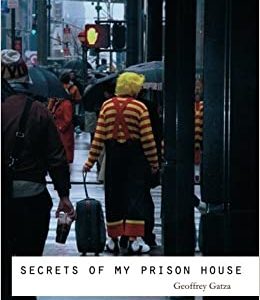



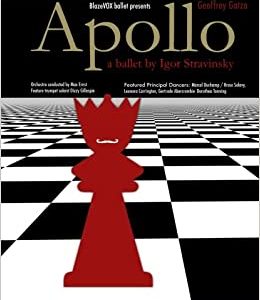

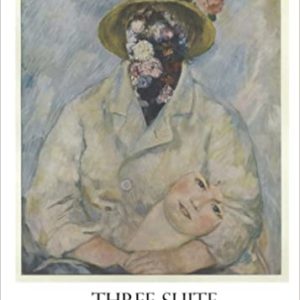
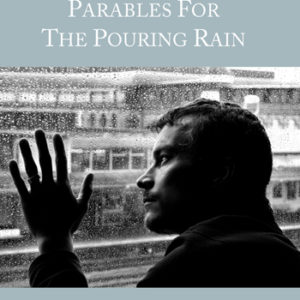


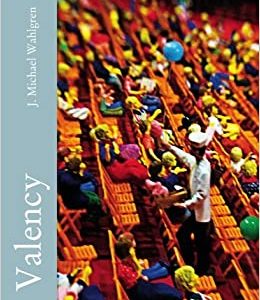

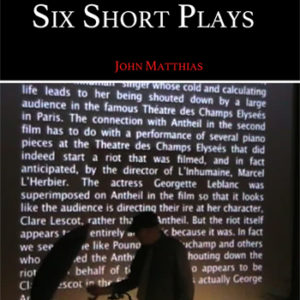


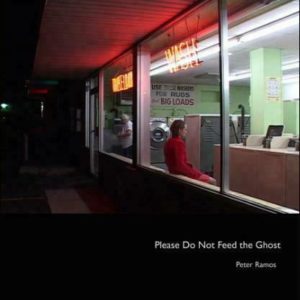

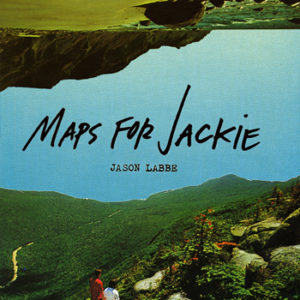
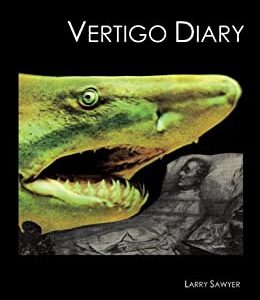
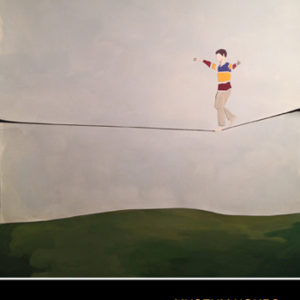

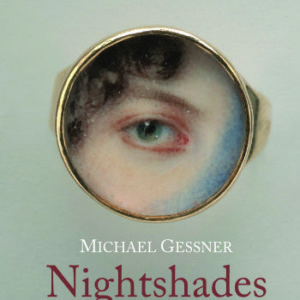


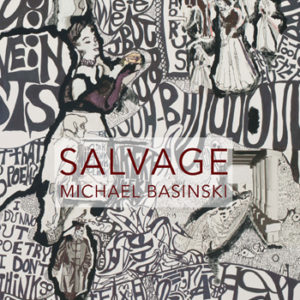
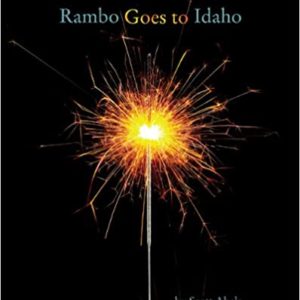

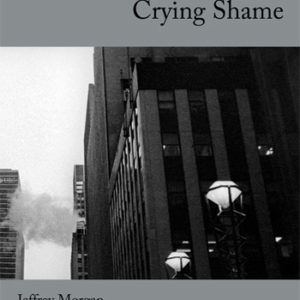

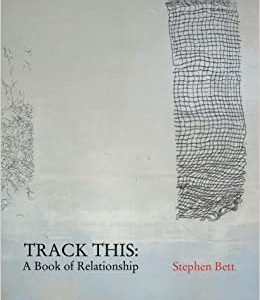
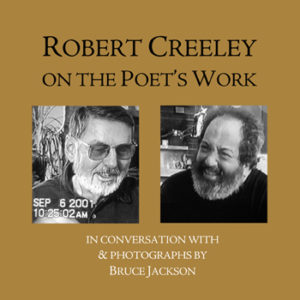

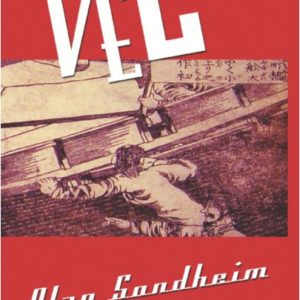
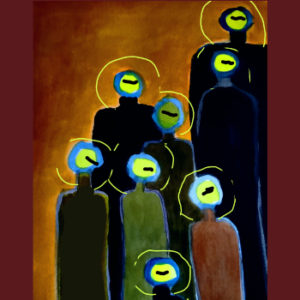
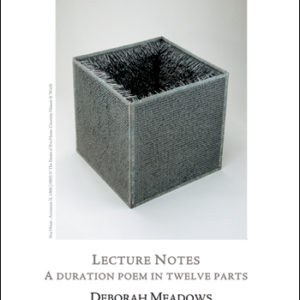

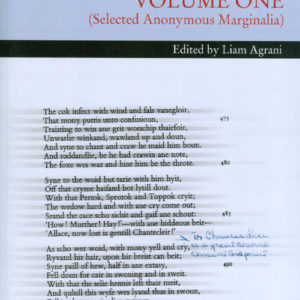
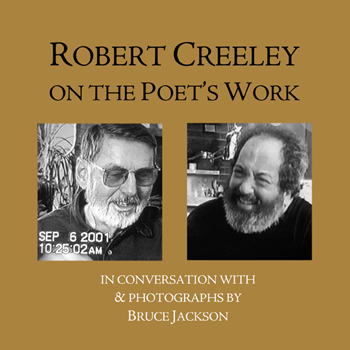

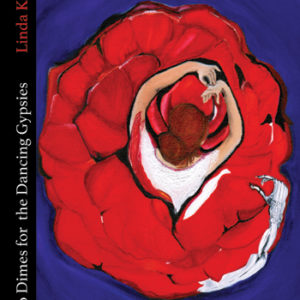


Reviews(0)
There are no reviews yet.